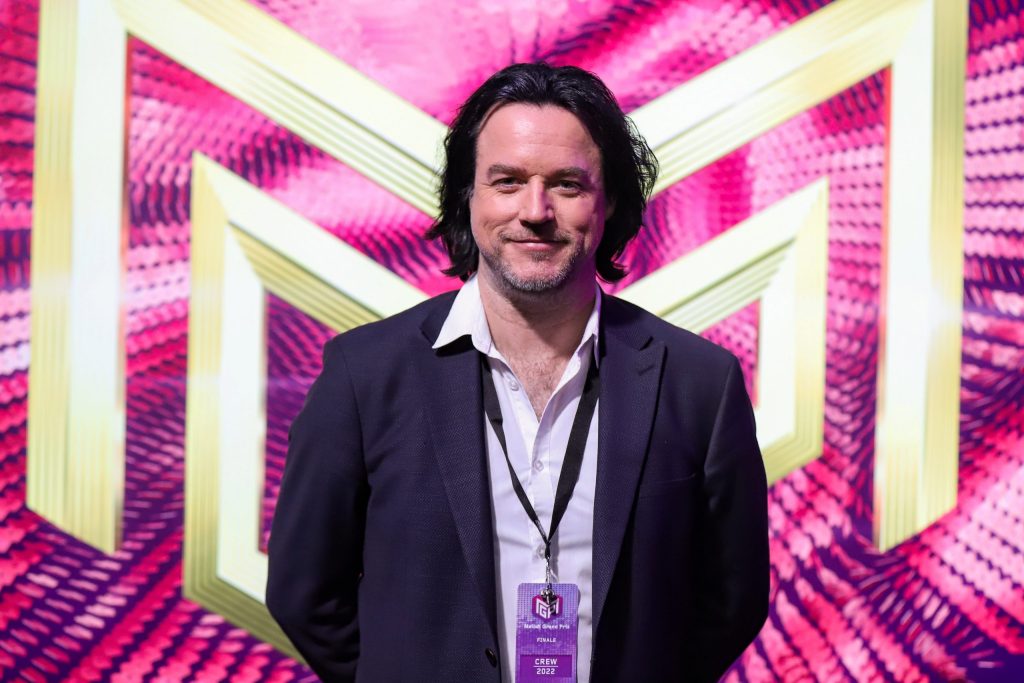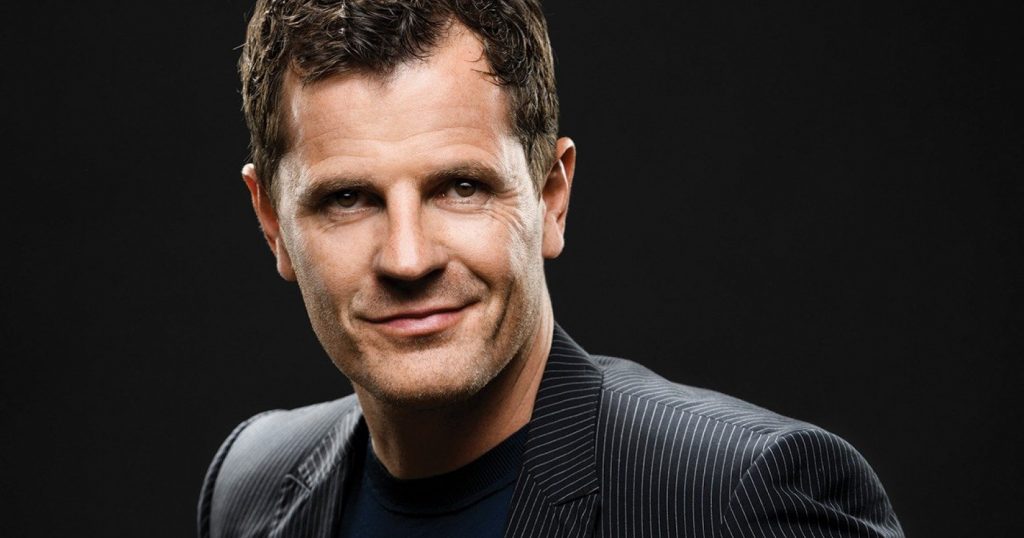Etter alle kontroverser som utspilte seg før, under og etter årets Eurovison i Malmö, har det vært spørsmål rundt flere lands deltakelse for Eurovision Song Contest 2025. I dag bekrefter Stig Karlsen at Norge skal delta neste år.
– Nå har EBU anerkjent at de hadde problemer i år og de jobber med å utbedre det. Og det vi har fått vite, i tillegg til det de har gått ut med offentlig, låter veldig bra. Så nå skal vi jobbe konstruktivt og positivt for å få Norge med i Eurovision i 2025. Vi skal delta, sier musikksjef for Melodi Grand Prix, Stig Karlsen til NRK i dag.

– Vi håper at EBU sikrer at ESC ikke blir brukt som et politisk verktøy, for det var jo litt av dette i år. Det er også viktig at de blir bedre på å kommunisere, på krisehåndtering og sikkerheten rundt arrangementet, fortsetter Karlsen.
Påmeldingsfristen for neste års konkurranse er satt til midten av september. 16 land har til nå bekreftet sin deltakelse for Eurovision 2025 i Sveits, deriblant Israel. Det var mange demonstrasjoner både i Norge, Sverige og flere andre land rundt Israelsk deltakelse i år.
– NRK har vært tydelige på at vi ikke driver med kulturell boikott. Det som er viktig for oss er at Eurovision ikke blir brukt som en plattform for politikk, og det har ikke EBU klart å følge opp like godt. Vi kan ikke ha land som bruker konkurransen som en plattform for propaganda, sier Karlsen.
Karlsen sier at NRK har vært klare i sine tilbakemeldinger til EBU og delt sine tanker rundt forbedringer.
– Vi ser at noe av det speiles i det EBU kom med nå.
Rapporten er klar
Etter et Eurovision-år med mye kontrovers, gikk EBU ut og lovet en gjennomgang av arrangementet. Det skulle utarbeides en rapport etter en «uavhengig evaluering». I går, 1. juli, kom rapporten fra EBU.
Det er opprettet flere nye stillinger, blant annet en ny sjefsstilling med tittelen ESC Director, som skal svare til EBUs generaldirektør og Media Director, Jean Philip De Tender. Dette skal blant annet bidra til at Executive Supervisor, Martin Österdahl, skal ha ansvar for å fokusere på ESC-produksjon, delegasjonssjefer og medlemsrelasjonsbygging, og daglige produksjonsspørsmål.

Vurderer flere tiltak
Det vurderes også flere tiltak for å bedre sikkerhet for artistene. I rapporten anbefales det å opprette et kriseteam og en velferdssjef.
– Når du velges ut til å delta i ESC, vil i de fleste tilfellene en artist som ikke er så kjent i Europa eller internasjonalt, plutselig stå på den scenen. Og vi har skjønt av vi må forberede alle artistene bedre, sier generaldirektør og mediedirektør i EBU Jean Philip De Tender i et intervju med Variety.
NRK har bedt EBU om å få rapporten, men har foreløpig kun fått en oppsummert liste med anbefalingene til ESC. Anbefalingene er signert av ekspert, og tidligere sjef for ESC, Pernille Gaardbo.
Anbefalinger til ESC
Participation
It is recommended that the EBU consult the membership at senior level to develop rules and policies to ensure that the ESC show, event, participants and participating broadcasters are kept protected from reputational damage – and to ensure the safety and well-being of participants.
Rules
It is recommended to review and simplify ESC rules, contracts, handbooks etc. to increase accessibility and compliance. It should be ensured that all ESC material be communicated clearly and continuously – to Head of Delegations and new Host Broadcasters. Unwritten rules should either be deleted or formalized.
The Governing Bodies of the ESC
In addition, it is recommended to reassess the organization and the structure of the collective governing bodies behind the ESC. Including, to clarify the allocation of tasks, mandate and responsibility between the EBU Core Team, the Reference Group and the Host Broadcaster. The operation behind the event is complex and of enormous scale. Hence the annual onboarding process of new representatives in the Reference Group and new Host Broadcaster should get more attention than has been the tradition.
The role of the Executive Supervisor
With the success of the ESC during the last decade, the role and responsibility of the Executive Supervisor may need to be redefined and adapted to future challenges. Crisis Management Team To prevent and respond to crises that require special presence and decision-making ability at management level it is recommended that the EBU Core Team, the Reference Group, and the Host Broadcaster annually each appoint 1-2 members to a Crisis Management Team. An annually risk assessment should be performed and the guidelines for the Executive Crisis Team should be contextually aligned.
Communication, Press & Digital Content
To strengthen these three crucial areas, it is recommended to divide them into three independent teams: communication, press and digital content. This acknowledges the diPering competencies required for each area. It is crucial that the communication and the press teams are aligned according to the same values and goals. Possibly under the same management. The digital content team should create content for online and social media platforms and support the Host Broadcaster in developing content that support the show.
Reference Group: Transparency& Representation
- It is recommended to pursue more openness and transparency. Reference Group Meeting agendas and minutes should, as far as possible, be available to the membership.
- Criteria should be established for appointing members to the Reference Group, ensuring a balanced representation of relevant skills, experience and geography, and a mix of large and small broadcasters/countries. These criteria should apply to both elected and invited members.
- Criteria for voting within the group, including eligibility and voting procedures, should be carefully reconsidered.
Head of Delegation: Relation building & Knowledge Sharing
- The Head of Delegation is a crucial asset in the ESC operation. It is recommended that the EBU Core Team, particularly on senior management level, maintain close personal contact with each Head of Delegation, investing in ongoing relationship building and mutual empowerment.
- Head of Delegation meetings should be more dialogue-based, with an increased frequency of online meetings or webinars in the six months leading up to the event. During the show weeks, information should be shared in short online morning meetings every or every other day as a supplement to email updates. And always dialogue based.
- Extra time should be allocated at the September Head of Delegation meeting for introduction to rules, codes of conduct, and expectation alignment between EBU and Heads of Delegation. Knowledge sharing and inspirational learnings between Heads of Delegation should be encouraged and formalized. Workshops and group sessions are recommended.
- A debriefing meeting should be held immediately after the Grand Finale, or alternatively, participants should be given the opportunity to submit constructive proposals for improvements for the following year’s event.
Fans & Media
It is recommended to develop more extensive strategies for proactive collaboration with fan groups, fan clubs, relevant influencers and selected media.
Backstage Safety & Wellbeing
It is recommended to reassess whether the backstage area is optimally arranged for the safety and well-being of artists and delegations. It should be considered if selected groups should have restricted access.
Consider appointing a Welfare Producer.
These recommendations are based on 53 interviews, conducted from May 22 to June 6, 2024, with members of the EBU Core Team, the Reference Group, and nearly every Head of Delegation for the 2024 event. I produced these recommendations independently and fully vouch for them. Pernille Gaardbo, June 2024.
Kilde: EBU
Kilder: NRK, Eurovision.tv














